Understanding Power Distribution Units
A power distribution unit (PDU) is an essential component in managing and distributing electrical power in various settings. From data centers to industrial environments, PDUs play a pivotal role in ensuring the effective distribution of power to multiple devices or systems. This introduction delves into the intricacies of PDUs, their types, applications, and features, providing a comprehensive overview of this critical electrical infrastructure element.
Types of Power Distribution Units
The landscape of power distribution units is diverse, with each type designed to cater to specific requirements. Circuit breaker PDUs safeguard electrical components by interrupting power in the event of faults or short circuits. Rack mount PDUs are tailored for data centers, providing power to IT equipment and aiding in power management. The versatility of PDUs extends to generator distribution panels suitable for both residential and industrial sites, and specialized units for stage lighting, ensuring a steady distribution of light during performances. Lastly, low voltage distribution systems efficiently convey power to end-user equipment without the need for voltage alteration.
Applications and Features of PDUs
PDUs are integral in a variety of applications. In data centers, they not only supply power but also enable monitoring and control of power usage across devices, contributing to energy efficiency. Their design accommodates high energy densities and operates reliably even in elevated temperatures, which can help reduce cooling costs. For stage productions, PDUs are designed to manage the complex lighting requirements, ensuring consistent performance. In industrial settings, PDUs are robust enough to handle heavy-duty power distribution, providing a stable power supply to critical machinery and equipment.
Materials and Advantages of PDUs
Constructed from durable materials, PDUs are built to withstand the rigors of their operating environments. The choice of materials also influences their capacity to handle different power loads and environmental conditions. The advantages of using a well-designed power distribution unit include improved electrical safety, enhanced power management capabilities, and increased operational efficiency. By selecting the appropriate PDU for a given application, users can ensure a reliable power supply and potentially lower operational costs due to improved energy efficiency.
Selecting the Right Power Distribution Unit
Choosing the right power distribution unit is crucial for any application. Factors to consider include the power load requirements, the environmental conditions of the deployment area, and the specific features needed for the application, such as monitoring and control capabilities. With a range of PDUs available, it is important to assess the needs of your operation to select a unit that provides the necessary distribution capabilities, whether for indoor or outdoor use, for IT environments, or for specialized lighting setups.
Conclusion
In conclusion, the power distribution unit is a foundational element in the electrical infrastructure of various environments. Its ability to distribute power safely and efficiently makes it indispensable in settings ranging from data centers to live events. By understanding the different types of PDUs and their applications, one can make an informed decision to ensure the continuity and reliability of power distribution in their operations.

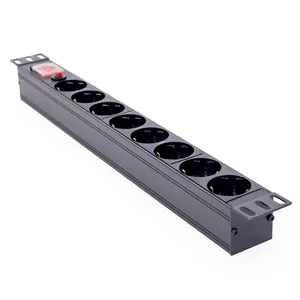
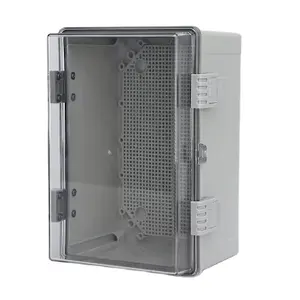



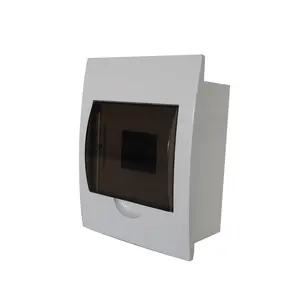

















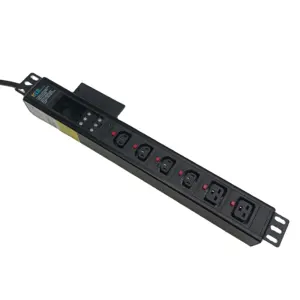
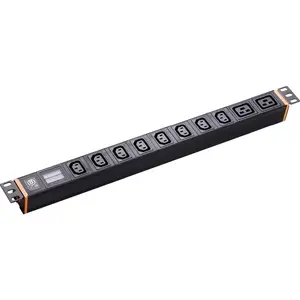






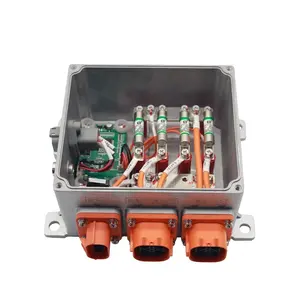







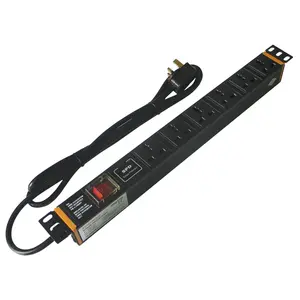
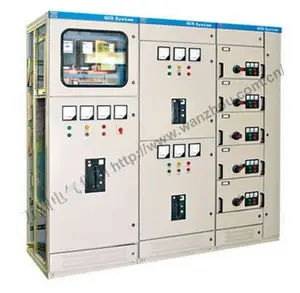





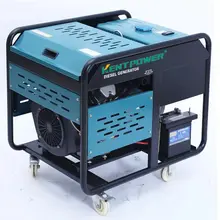

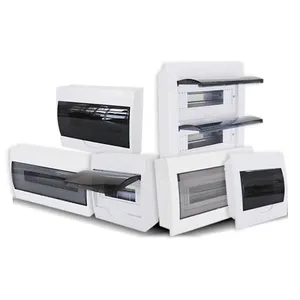





















 浙公网安备 33010002000092号
浙公网安备 33010002000092号 浙B2-20120091-4
浙B2-20120091-4